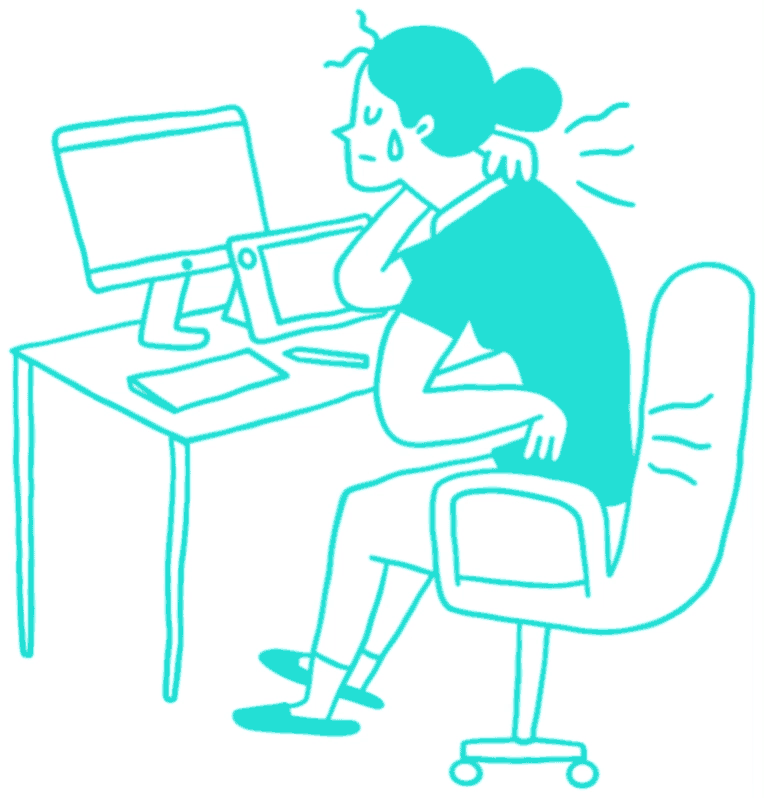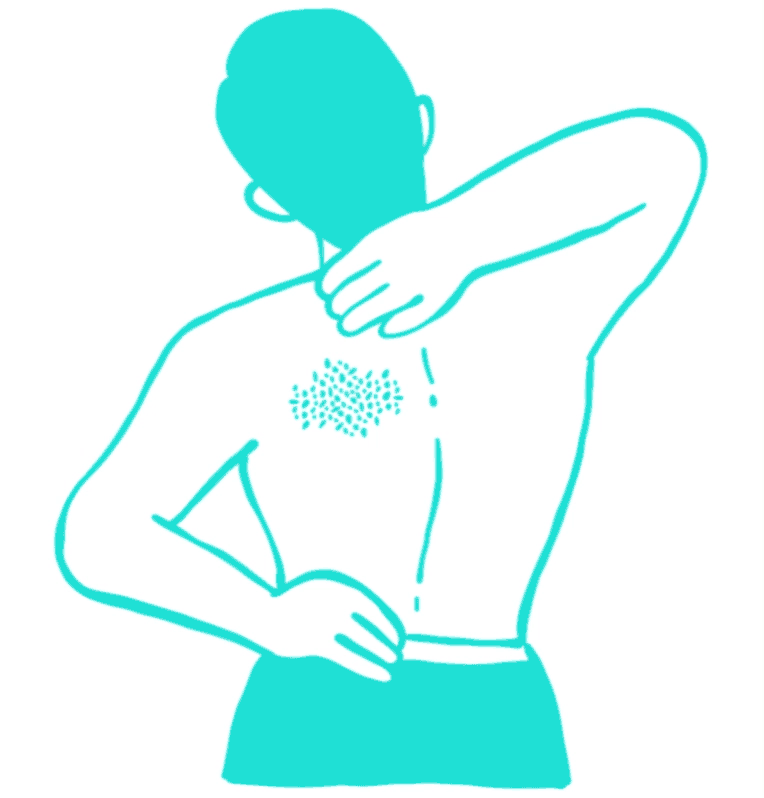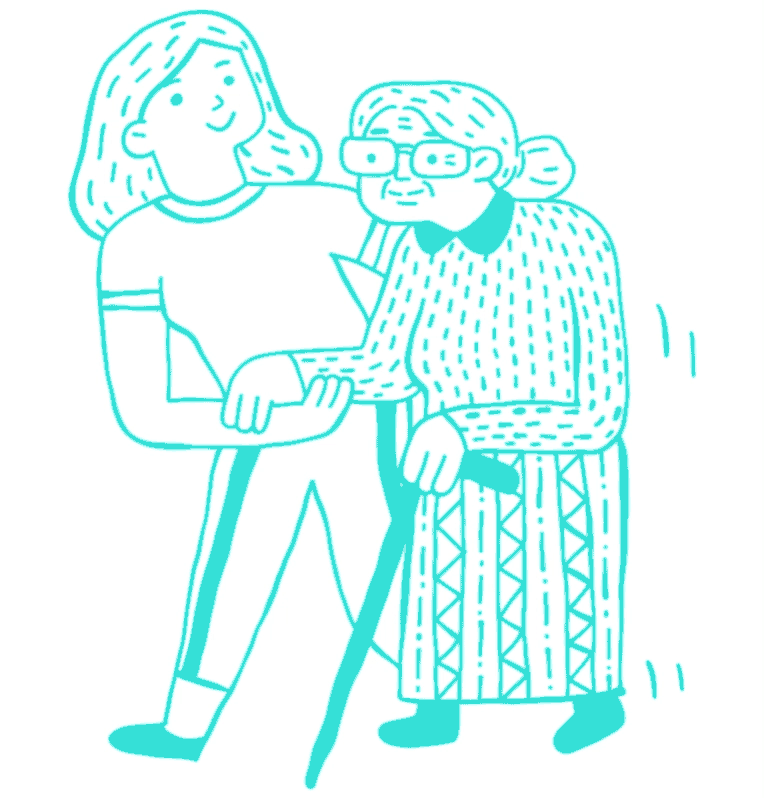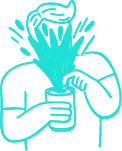Being diagnosed with a chronic illness can be devastating. And even with proper treatment and a support network, you have to face broken branches, droughts and downpours to wait for the new foliage.
The month of February was chosen to raise awareness of three chronic diseases: fibromyalgia, lupus and Alzheimer’s, and it’s called Purple February. Here you can find out more about each one of them, learn to recognize the symptoms and understand the importance of early diagnosis, constant attention and the resilience of those who deal with them.



















